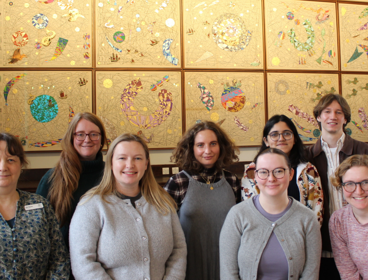Precarious working conditions are becoming increasingly common across academia, with fixed-term contracts (FTCs), restructuring, and redundancies shaping the landscape of UK Higher Education.
A new report, States of Precarity in UK Higher Education Geography, funded by the Antipode Foundation and the Society, offers a timely snapshot of the immediate and long-term effects of precarity across the discipline.
Drawing on experiences shared by participants spanning a range of career stages, from PhD candidate to Emeritus Professor, the report reveals that insecurity extends far beyond contract terms. Almost half (45%) of participants on permanent contracts described feeling at least somewhat precarious, while 84.9% of those on FTCs reported negative impacts on wellbeing.
The emotional and psychological costs are significant, with repeated relocations disrupting relationships, family life, and access to healthcare, particularly for international colleagues and those from marginalised backgrounds.
The report also shows that precarity is not experienced evenly. Factors such as gender, race, disability, sexuality, class, and visa status shape these challenges. Fixed-term roles were closely tied to stalled progression and feelings of invisibility within institutions, with 43.5% of permanently employed staff who had previously held FTCs still experiencing lasting effects.
As well as diagnosing the problem, the report offers recommendations and best practice resources to support more equitable and caring departmental cultures. This includes best practice action plans, resources for raising awareness, and lobbying templates, all of which aim to help embed structural change and foster solidarity across the discipline.
To find out more about the report’s findings, join our online discussion in January: Book now
The report was authored by Rachael Squire, Royal Holloway University of London; James Esson, Queen Mary University of London; Johanne Bruun, University of Birmingham; Rachel Colls, Durham University; Peter Forman, Northumbria University; Anna Jackman, University of Reading; Jasmine Joanes, Royal Holloway University of London.



